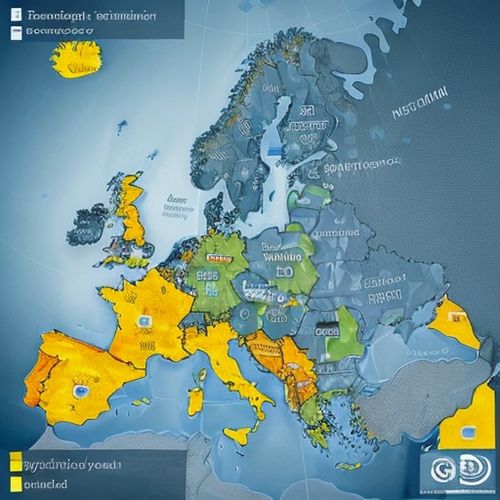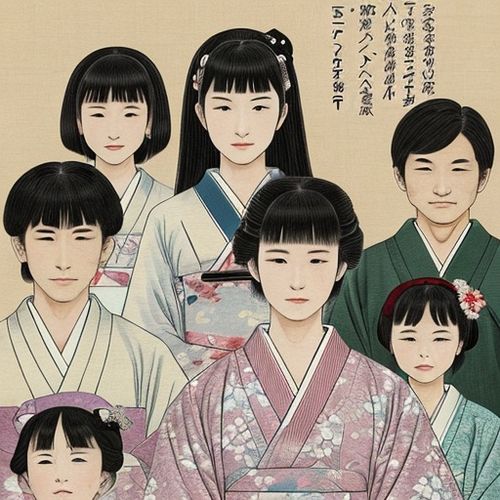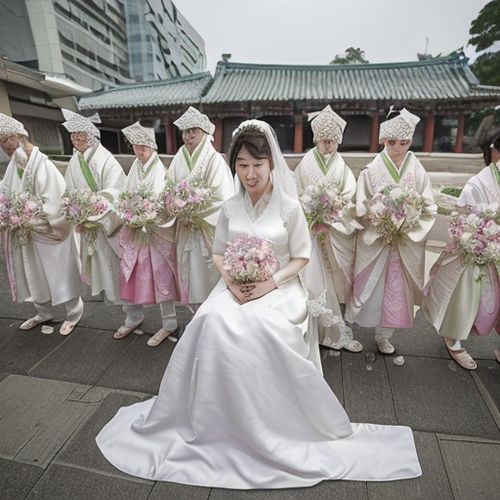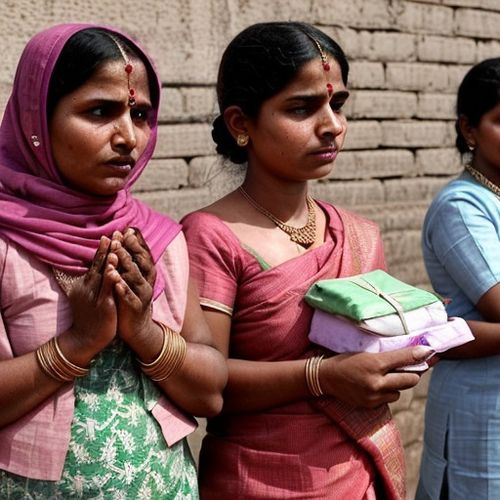The tradition of married couples sharing a single surname has long been a defining feature of Japanese family law and cultural identity. Unlike many Western countries where spouses may retain their original surnames or hyphenate them, Japan's Civil Code historically mandated that couples choose one surname upon marriage. This practice, deeply rooted in the country's patriarchal history, has sparked debates about gender equality, individual identity, and the evolving nature of modern relationships in Japan.
The legal framework surrounding Japanese marital surnames dates back to the Meiji era, when the government sought to standardize family registration systems. Article 750 of the Civil Code states that a married couple must share a surname, though it doesn't specify which partner must change theirs. In practice, approximately 96% of couples adopt the husband's surname, reflecting persistent gender norms in Japanese society. This automatic assumption that women will abandon their family names has become a focal point for feminist activists and reformers pushing for legislative change.
Pressure to maintain this system comes from various quarters, including bureaucratic inertia and traditionalist values. Japan's koseki (family registry) system is built around the concept of single-surname households, making administrative processes complex if separate surnames were permitted. Conservative voices argue that shared surnames promote family unity and represent an important cultural tradition. However, younger generations increasingly view the requirement as an outdated imposition, particularly as more women establish professional identities under their maiden names prior to marriage.
The economic implications of surname changes are substantial for Japanese women. Many report professional setbacks after marriage, as clients and colleagues struggle to recognize them under new surnames. Academic researchers find their publication records fragmented, while corporate employees face unnecessary obstacles in maintaining professional networks. Some women resort to using their maiden names informally while keeping married names on official documents—a practice known as "tsūshōmei"—but this creates legal ambiguities and administrative headaches.
Legal challenges to the surname requirement have gained momentum in recent years. In 2015, five plaintiffs filed a lawsuit arguing that the civil code provision violated constitutional guarantees of gender equality. While the Supreme Court ultimately upheld the law, the close 10-5 decision revealed significant judicial disagreement. Justice Itsuro Terada's dissenting opinion notably stated that forcing surname changes constituted "a form of psychological violence" against women. This ruling paradoxically energized the movement for optional separate surnames, transforming it from a feminist issue into a broader societal debate.
Corporate Japan has begun adapting to these changing mores even without legal reform. Major companies like Mitsubishi UFJ Financial Group and Rakuten now allow employees to use maiden names on business cards and email addresses. The government itself made a symbolic gesture in 2020 by permitting maiden names to appear alongside married names in passports. These incremental changes suggest a growing recognition that professional identity shouldn't be sacrificed for marital status, even within the constraints of current law.
International comparisons highlight Japan's outlier status on this issue. Among developed nations, only Japan and Myanmar legally require married couples to share a surname. This distinction has caused complications in binational marriages, where foreign spouses often resist changing surnames due to different cultural expectations. The growing number of international unions—along with rising divorce rates and remarriage—has further complicated Japan's rigid surname system, creating families with complex naming histories that don't fit neatly into the koseki framework.
Demographic shifts are applying additional pressure for reform. As Japan's birthrate declines and more women postpone or forgo marriage, the traditional family model underpinning the surname system appears increasingly anachronistic. Surveys show majority support, particularly among younger respondents, for allowing optional separate surnames. Even within the ruling Liberal Democratic Party, traditionally the bastion of family values conservatism, generational change is producing more lawmakers sympathetic to reform. What was once a fringe issue has moved squarely into the political mainstream.
The psychological impact of mandatory surname changes warrants serious consideration. Studies suggest that women who change surnames experience what sociologists call "identity dissonance," particularly those with strong premarital career achievements. The symbolic erasure of one's family name can generate feelings of loss and disorientation, while men—who rarely experience this transition—remain untouched by such psychological consequences. This asymmetrical experience underscores how the surname system perpetuates unconscious gender biases in Japanese society.
Looking ahead, the trajectory appears to favor eventual reform. While immediate abolition of the single-surname requirement seems unlikely due to entrenched opposition, compromise solutions may emerge. Some propose a "selective dual-surname" system where couples could choose whether to share a name or retain separate ones. Others suggest phasing in changes by first allowing separate surnames for remarriages or international couples. Whatever the eventual solution, Japan's surname debate reflects broader tensions between tradition and modernity in a society undergoing profound demographic and social transformation.
The marital surname issue ultimately transcends mere nomenclature—it serves as a proxy for fundamental questions about Japanese identity in the 21st century. As the country grapples with aging populations, workforce gender gaps, and changing family structures, the resolution of this debate will signal how successfully Japan can adapt its venerable institutions to contemporary realities. The outcome will determine whether Japanese women must continue sacrificing personal identity at the altar of marital convention, or whether the nation can embrace a more flexible approach to family naming that respects individual choice while preserving cultural continuity.

By Eric Ward/Apr 19, 2025

By Sophia Lewis/Apr 19, 2025

By George Bailey/Apr 19, 2025

By George Bailey/Apr 19, 2025

By Grace Cox/Apr 19, 2025

By Natalie Campbell/Apr 19, 2025

By Sarah Davis/Apr 19, 2025

By Michael Brown/Apr 19, 2025

By George Bailey/Apr 19, 2025

By Victoria Gonzalez/Apr 19, 2025

By Christopher Harris/Apr 19, 2025

By Natalie Campbell/Apr 19, 2025

By Sophia Lewis/Apr 19, 2025

By James Moore/Apr 19, 2025

By Natalie Campbell/Apr 19, 2025

By Emily Johnson/Apr 19, 2025

By James Moore/Apr 19, 2025

By Amanda Phillips/Apr 19, 2025

By Emily Johnson/Apr 19, 2025

By Noah Bell/Apr 19, 2025